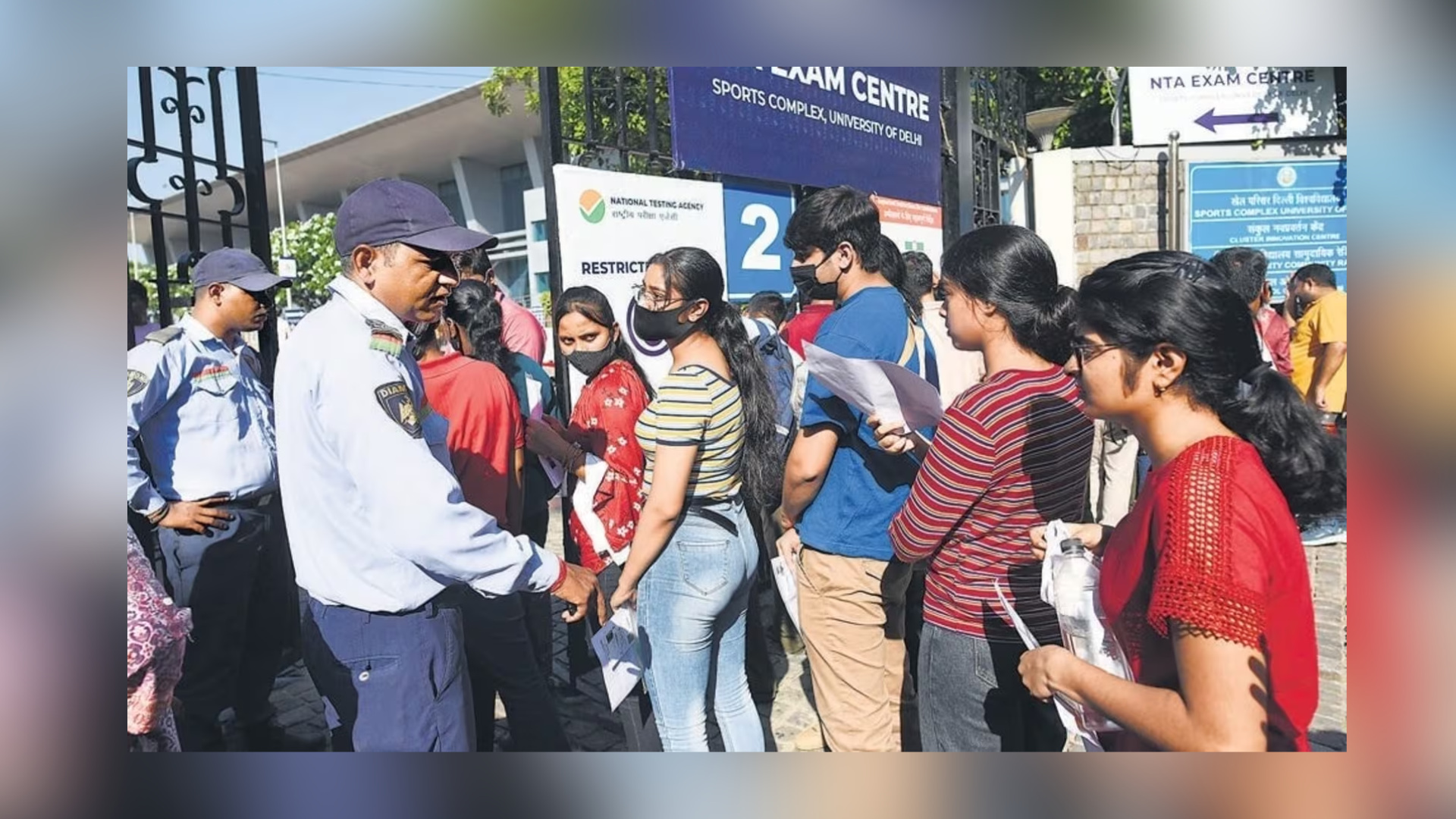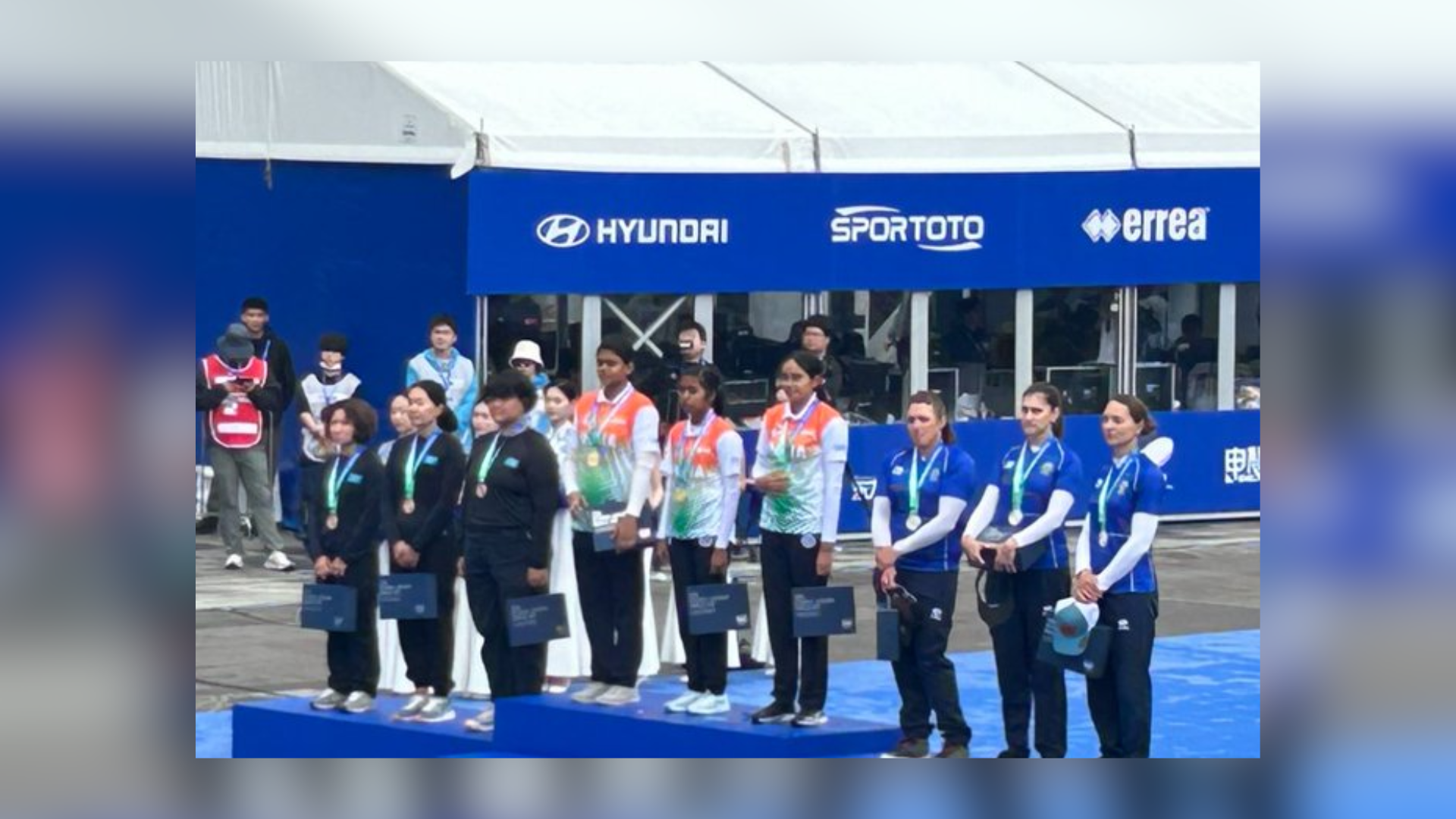






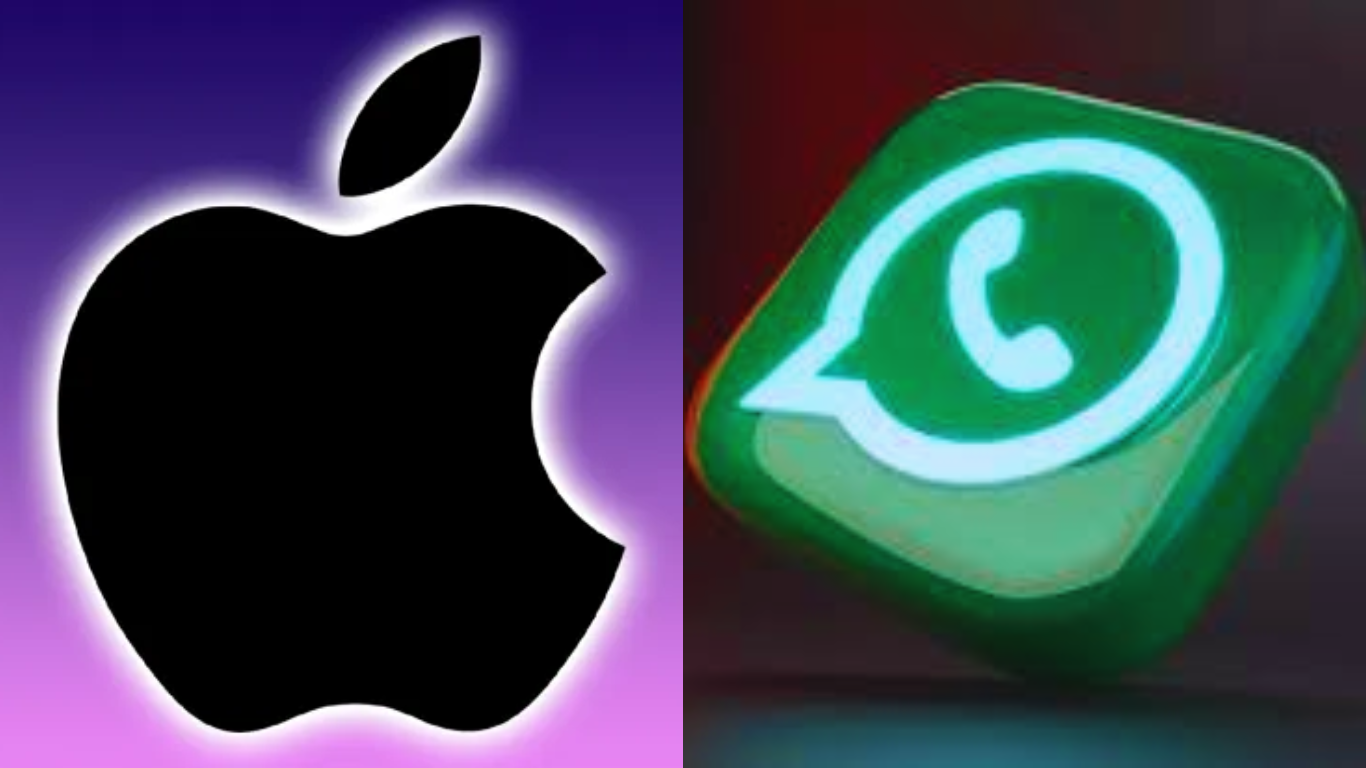
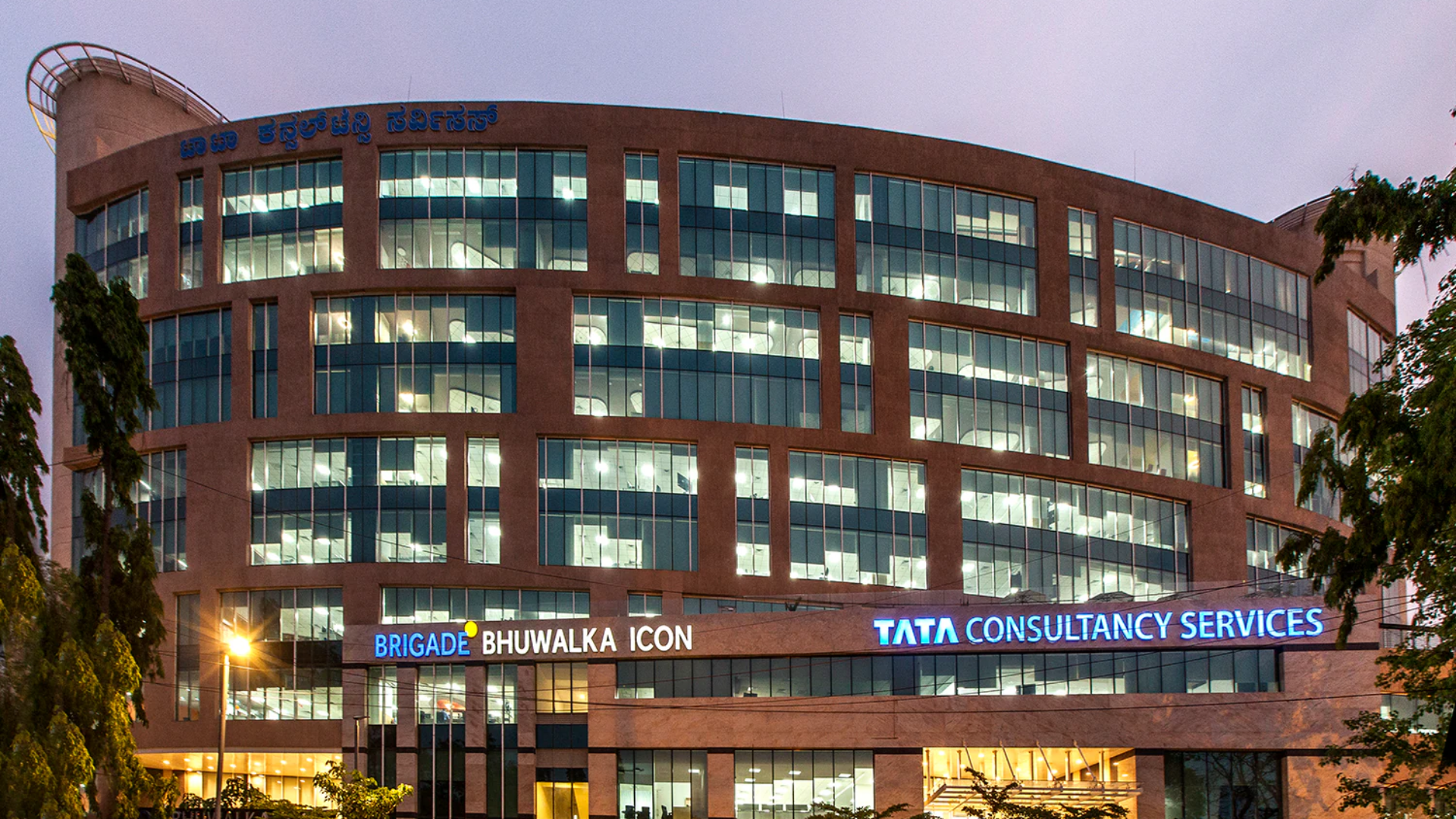

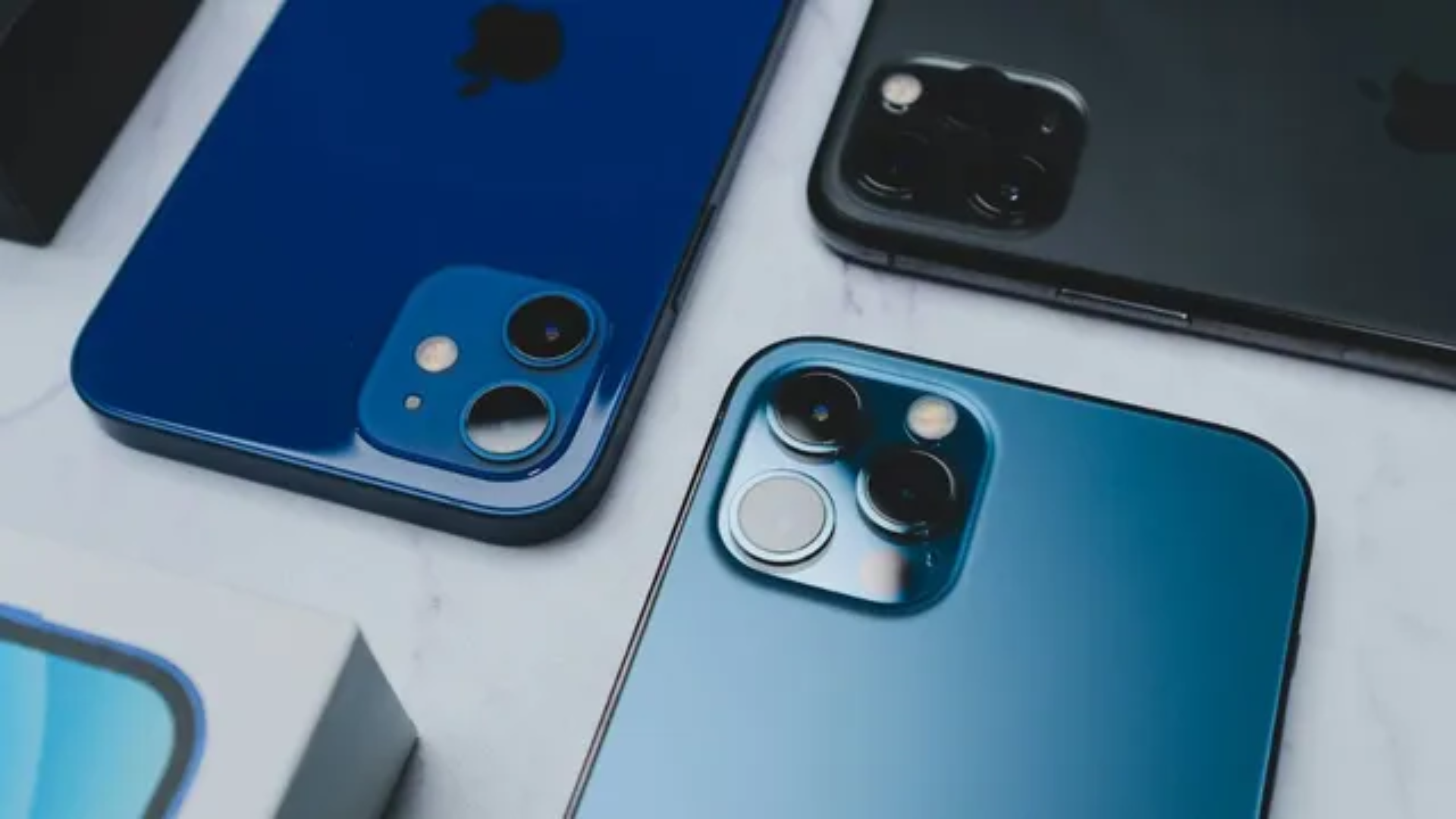
The Supreme Court of India recently tackled an important issue concerning Apple India’s role in tracking stolen iPhones.
In a recent ruling, the highest court in India declared that Apple is not obliged to trace stolen iPhones using Unique Identity Numbers, thereby overturning a statement made by the Odisha State Consumer Commission. The Supreme Court labeled the Commission’s observation as “unwarranted”.
A Bench consisting of Justices Vikram Nath and Satish Chandra Sharma heard an appeal lodged by Apple India against the Consumer Commission’s decision.
The case originated from a consumer who had purchased an iPhone with theft insurance. When the phone was reported stolen to both the police and Apple India, the company did not take any action to locate the device. Subsequently, the consumer lodged a complaint, resulting in a ruling in their favor by the District Consumer Forum. This decision was then appealed by Apple India to the Odisha State Consumer Commission.
The Odisha State Consumer Commission’s ruling stated that Apple India, as the iPhone’s manufacturer, had a duty to track the stolen device using its unique identity number. Apple India disagreed with this assertion, arguing against being mandated to function as a law enforcement agency. Dissatisfied with the ruling, Apple India escalated the matter to the Supreme Court.
After hearing arguments from both sides, the Supreme Court nullified the directive issued by the Odisha State Consumer Commission, deeming it unjustified. While acknowledging Apple India’s compensation to the consumer, the Supreme Court stressed that forcing Apple India to trace stolen phones was not justified.
Consequently, the Supreme Court directed the removal of the disputed paragraph from the State Commission’s order, clarifying the responsibilities of companies in similar situations.

